Like many Universal employees, William Wyler came to America and to the movies by being related to Carl Laemmle, Sr., who owned Universal Pictures. Wyler, however, went much farther and much higher than any of the others, becoming one of the best and most influential directors of all time in a career that lasted from 1925 to 1970. Though he started making movies — shorts at first — in 1925, it wasn’t until he made Counsellor at Law — a landmark adaptation of the popular Elmer Rice play for which Universal paid $150,000 — in 1933 that he made a film he was genuinely happy with. And he almost lost the job in mid-shoot. Antsy over the cost of the film — not just the money paid for the play, but the $25,000 a week they were paying John Barrymore — producer Carl Laemmle, Jr. was all set to replace him with the studio’s biggest director, James Whale. But when Whale looked at what Wyler had shot, he said he couldn’t improve on what Wyler had done, Laemmle left matters alone. The results bear out Whale’s assessment. Even a major stylist like Whale could not have made a better film.
What is perhaps most amazing is that Wyler made a wholly cinematic film without overtly “opening up” the play. (In fact, he put material from the play that Rice had cut when he wrote the screenplay.) It all takes place high up in the Empire State Building in the law offices (and hallway) of George Simon (John Barrymore), but it is never for a moment stagey and it moves like lightning. The only thing that gives away — to some extent — is the fact that the dialogue sometimes sounds like characters in a play speaking. But it’s never distracting and the central drama is as compelling today as it was in 1933. That it gave John Barrymore his last truly great dramatic role — one of his best — is a definite plus. And Barrymore wasn’t the first choice (though he was the most expensive one). The first choice was Paul Muni, who had played the part on the stage, but he reportedly didn’t want the role out of a fear of being typecast as a Jew (an interesting worry for a guy whose real name was Meshihem Meier Weisenfreund). Much as I like Muni, I think Barrymore was the better choice.
The drama is built on two key events in George Simon’s life — one from his past and one from the present. Though largely assimilated into the Gentile world, Simon has held true to his roots. Despite his high-tone Park Avenue snob of a wife, Cora (Doris Kenyon), and her two ghastly children from a previous marriage, Simon always has time for his very Old World mother (Clara Langsner) and anyone from “the old neighborhood,” including fussy old Sarah Becker (Malka Kornstein, from the stage production) and her always in trouble communist son (future director Vincent Sherman, who’d played the role onstage). In fact, it is one such case from the early days — when Simon used questionable methods to get Johan Breitstein (John Qualen) — that’s the source of much of the trouble.
The other side of the trouble combines that with Cora’s dubious friendship with the very WASP Roy Darwin (Melvyn Douglas) — a relationship that is brought to a head over the prospect of Simon’s possible disgrace over the Breitstein case. More of the plot than that should, I think, be left to the film and its amazingly well-chosen cast. Even Bebe Daniels manages to pull off the somewhat threadbare role of the devoted secretary in love with a boss who’s never so much as looked at her. But the film really belongs to Barrymore in the acting deprtment as he goes from amusingly arrogant big shot to beleagured attorney with a faithless wife over the course of 82 fast-paced minutes under the assured direction of a master filmmaker.
The Asheville Film Society will screen Counsellor at Law Tuesday, Sept. 2, at 8 p.m. in Theater Six at The Carolina Asheville and will be hosted by Xpress movie critics Ken Hanke and Justin Souther.



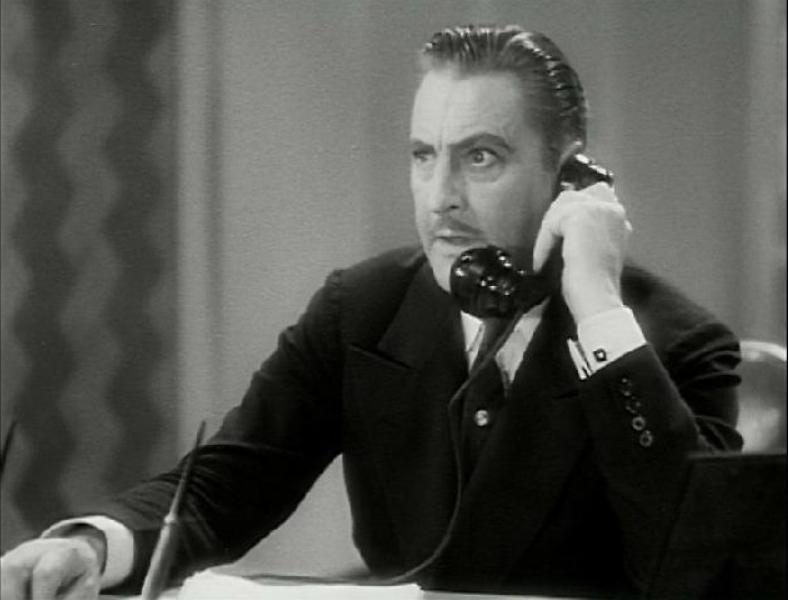
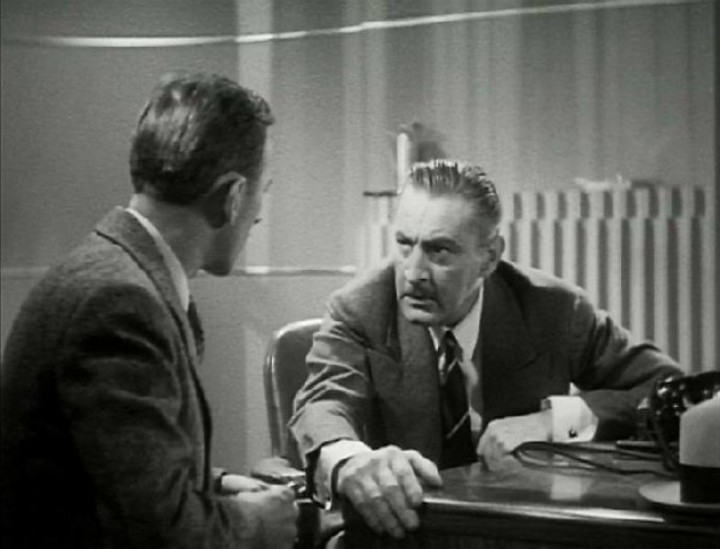
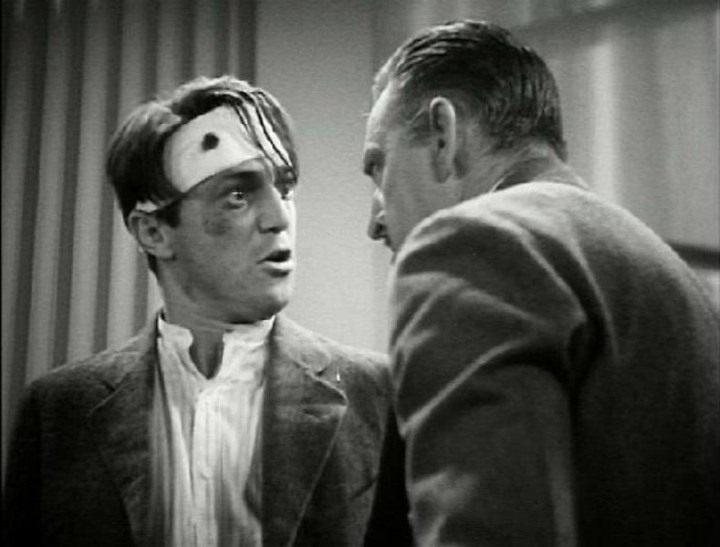
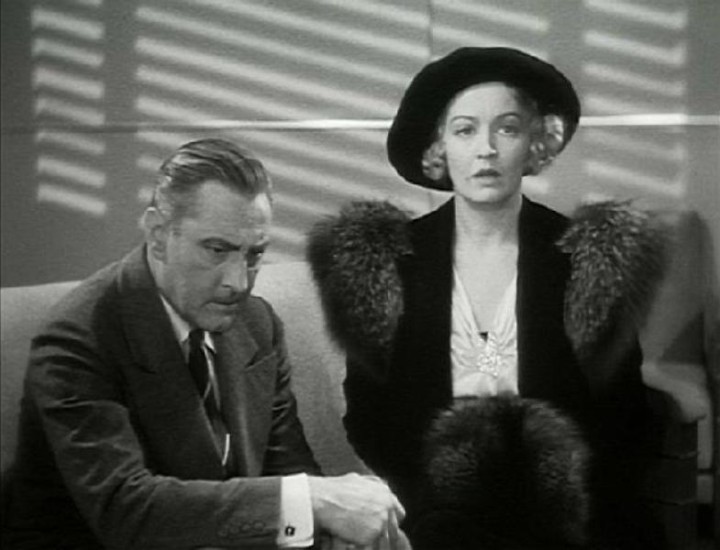
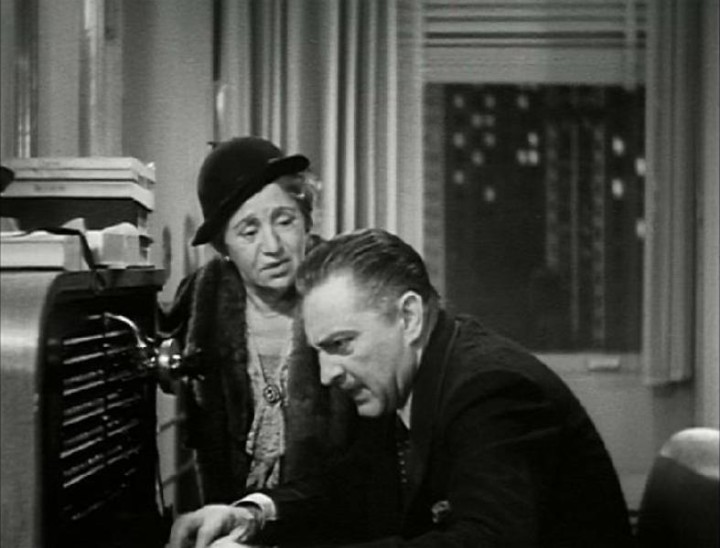
Before you comment
The comments section is here to provide a platform for civil dialogue on the issues we face together as a local community. Xpress is committed to offering this platform for all voices, but when the tone of the discussion gets nasty or strays off topic, we believe many people choose not to participate. Xpress editors are determined to moderate comments to ensure a constructive interchange is maintained. All comments judged not to be in keeping with the spirit of civil discourse will be removed and repeat violators will be banned. See here for our terms of service. Thank you for being part of this effort to promote respectful discussion.